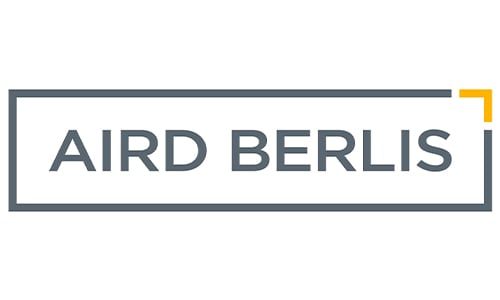Canada risks falling behind in artificial intelligence (AI) strategy as other nations accelerate their AI advancements, according to a new report by CPA Canada and the American Institute of Certified Public Accountants (AICPA).
The report raised concerns over Canada’s stalled efforts to implement comprehensive AI regulations, particularly as the European Union advances with its own AI legislative framework. The research report “Closing the AI Trust Gap: The Role of CPAs in Strengthening AI Governance and Risk Management” highlighted the urgent need for Canada to adopt responsible AI practices to maintain its competitive edge.
The white paper presented best practices for AI governance to guide Canadian businesses in implementing ethical and effective AI systems. The paper primarily addressed Chartered Professional Accountants (CPAs) and Certified Public Accountants (CPAs) in internal organizational roles, emphasizing their influence over AI initiatives and contrasting it with the roles of CPAs in public practice who provide external assurance services.
The paper aims to assist CPAs in establishing trust in AI systems and developing governance frameworks for responsible AI usage. The guide explored key components of AI governance, the relationship between corporate governance and regulations, and industry-specific AI applications, particularly in the financial sector.
The report emphasized that CPAs, particularly those in executive roles, are positioned to tackle the challenges posed by AI and lead efforts to balance innovation with responsible digital transformation. To effectively guide organizations toward robust AI governance, the report suggested that CPAs leverage their expertise in governance, risk management, and assurance.
Melissa Robertson, principal of research and thought leadership at CPA Canada, emphasized that in the absence of clear regulations like the long-awaited Bill C-27, Canadian businesses must rely on standards and guidelines. “Our research offers a framework for businesses to build public trust in AI, mitigate risks, and drive adoption forward,” Robertson said. She pointed out that Canada’s lack of AI governance legislation leaves businesses to self-regulate and adopt voluntary best practices.
The white paper aims to be a valuable resource not only for CPAs but also for business leaders, risk managers, and compliance officers navigating the complexities of AI technology. CPA Canada has been vocal in advocating for measures to accelerate AI adoption, calling on the government to expedite the legislative process for Bill C-27 and introduce frameworks that support responsible AI use while protecting the public from potential risks.
In its recent pre-budget submission, CPA Canada urged the government to pick up the pace in advancing AI adoption. The organization stressed that without decisive action, Canada could see its early lead in AI strategy eroded by global competitors, particularly as countries like the EU push forward with comprehensive AI regulations.
The new report is the second in a three-part series on AI, building on the initial exploration of AI advancements and opportunities for CPAs. The upcoming final paper will focus on the role of CPAs in providing third-party assurance over AI systems.





